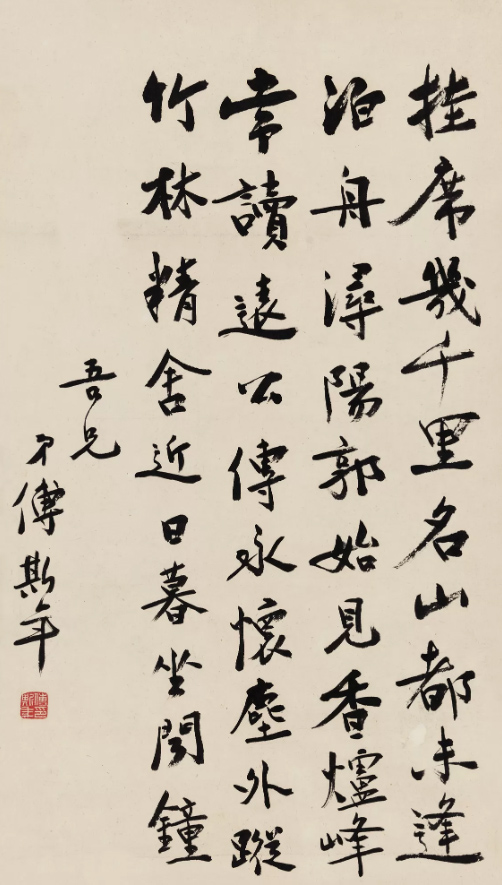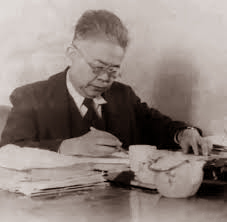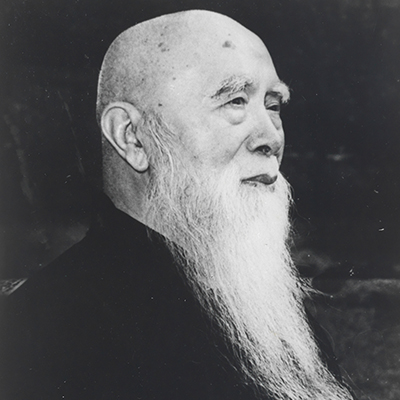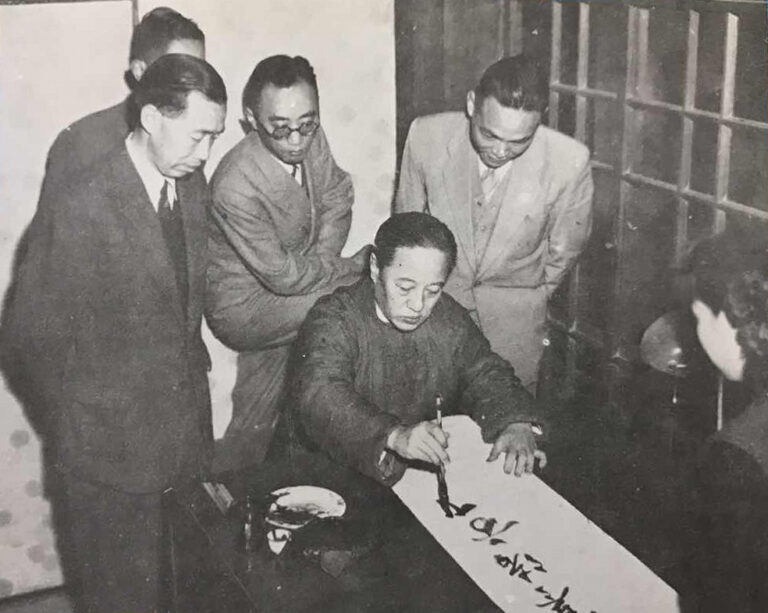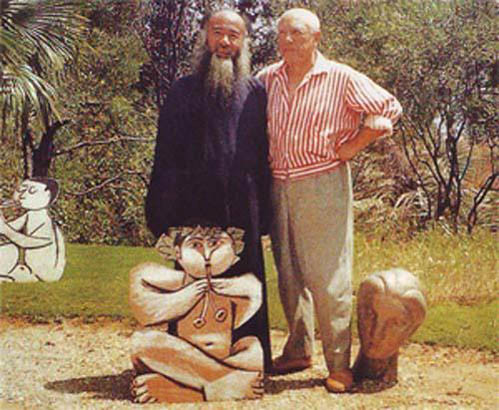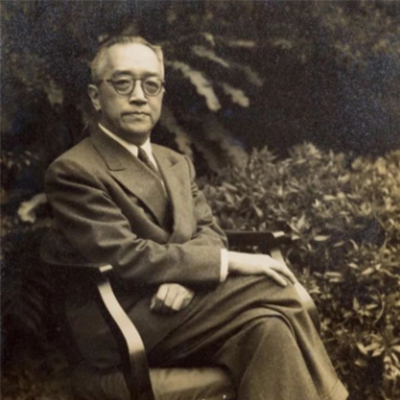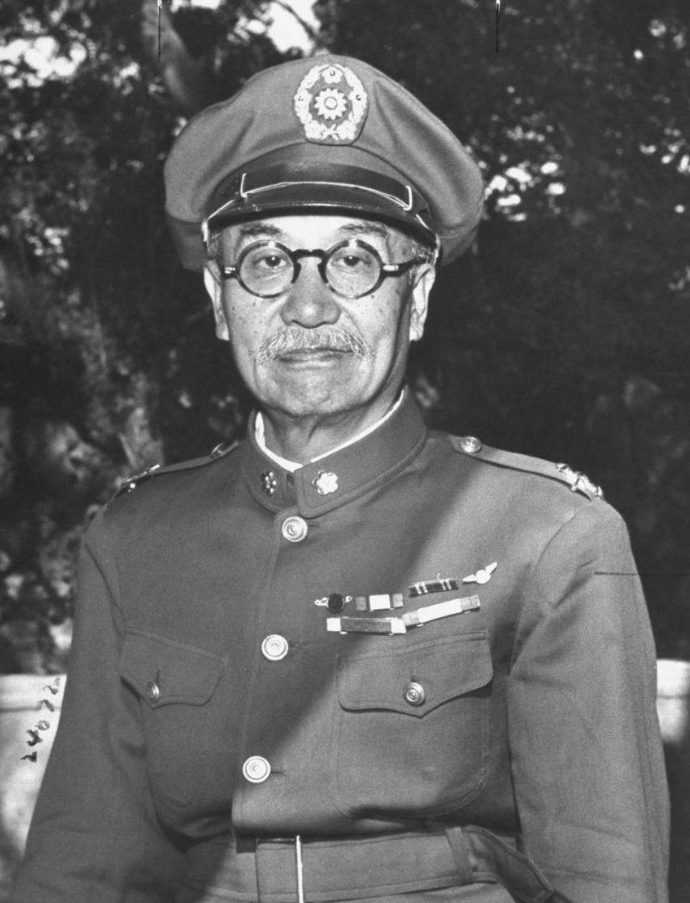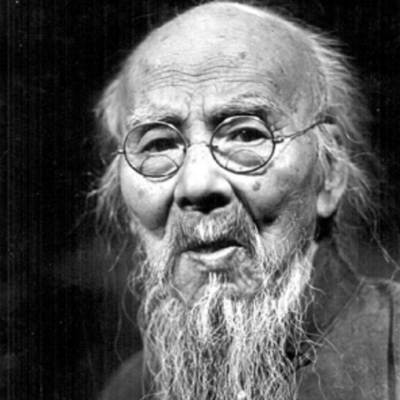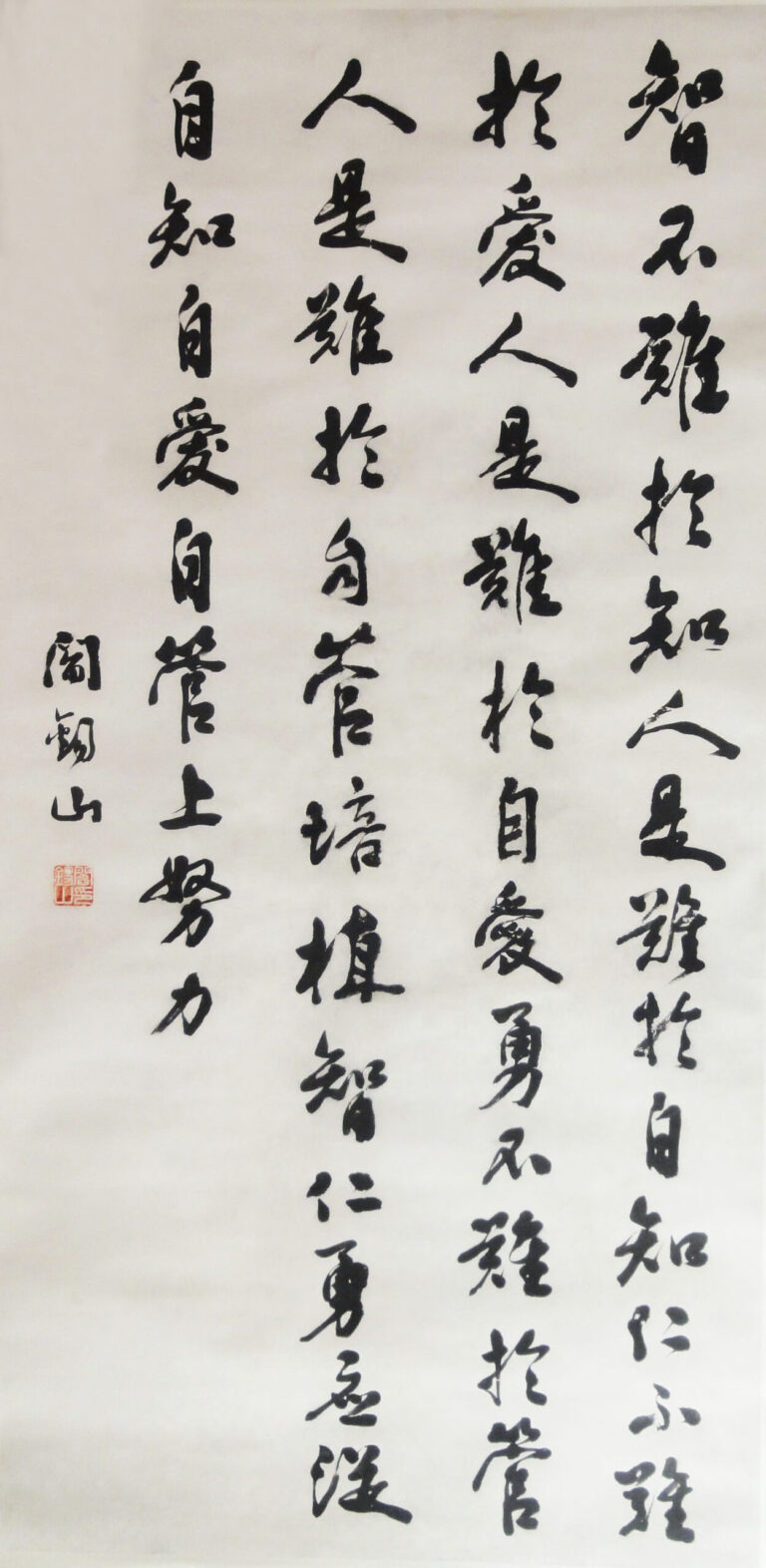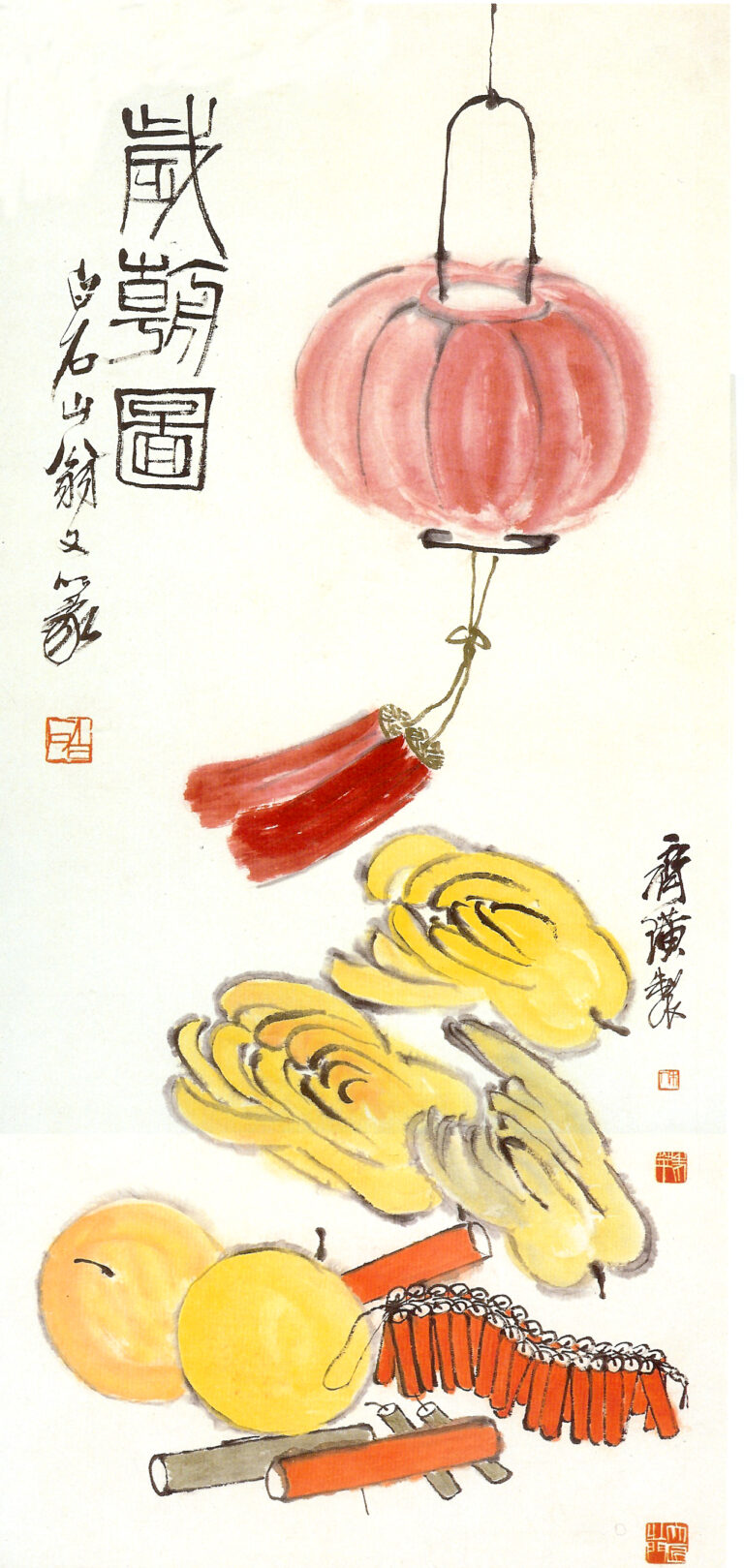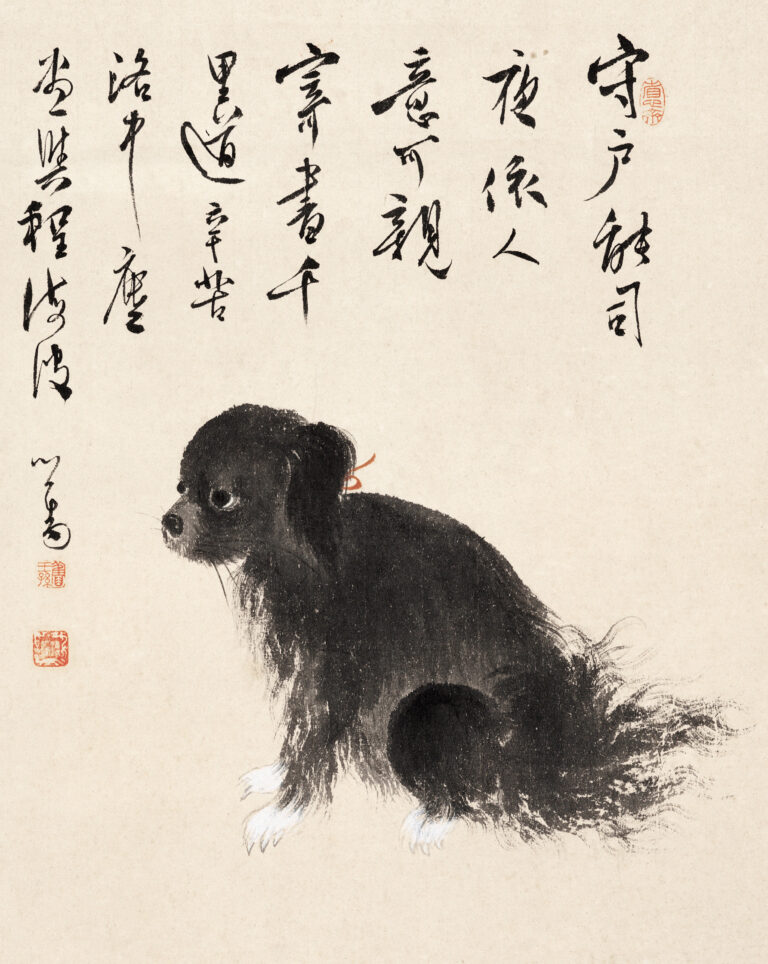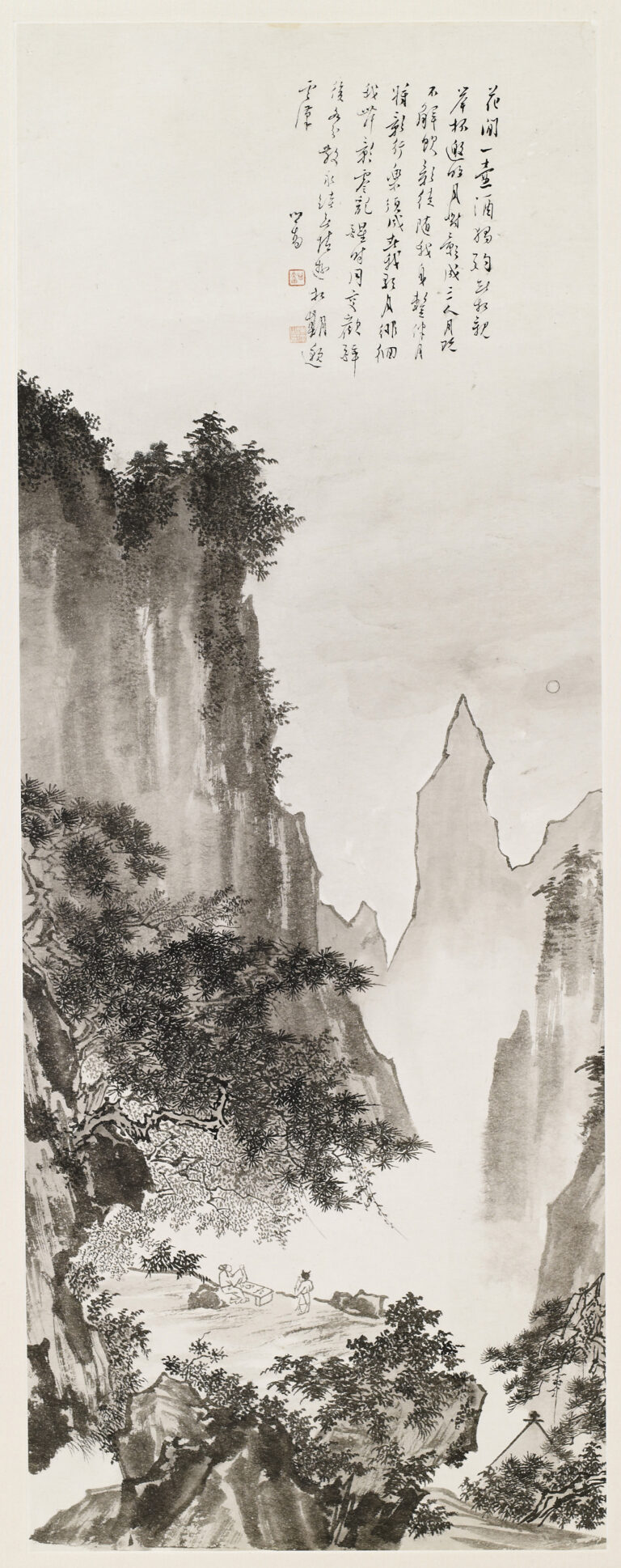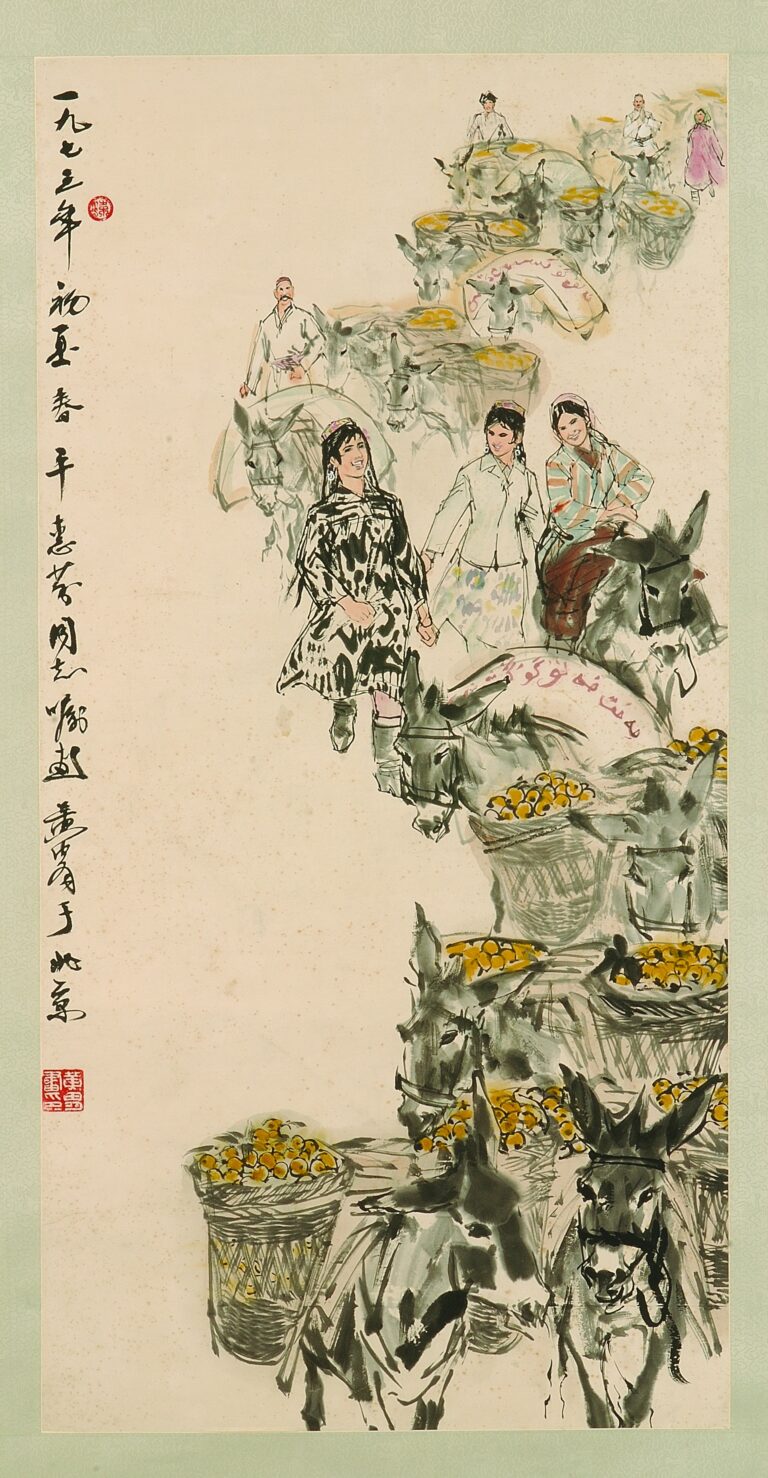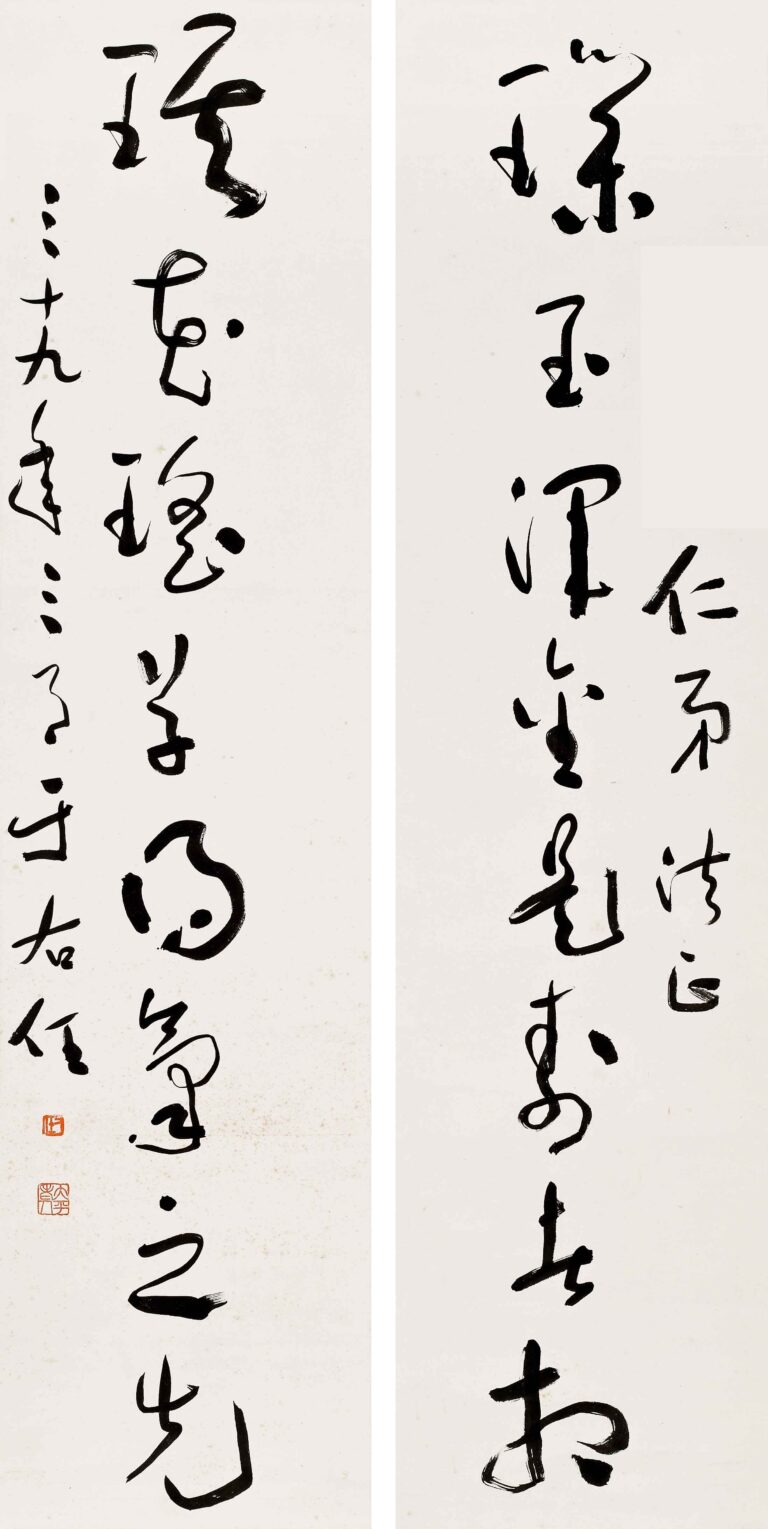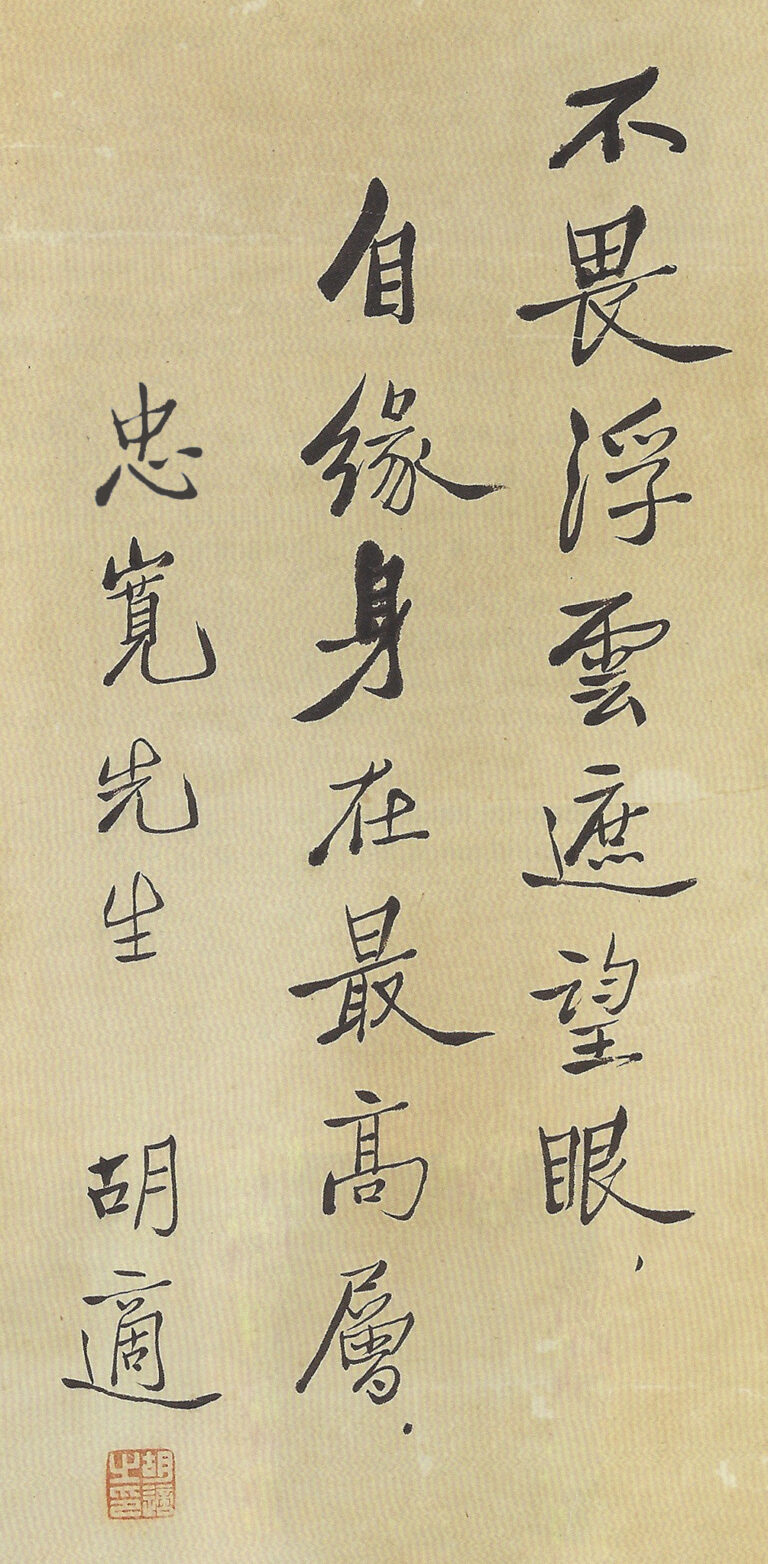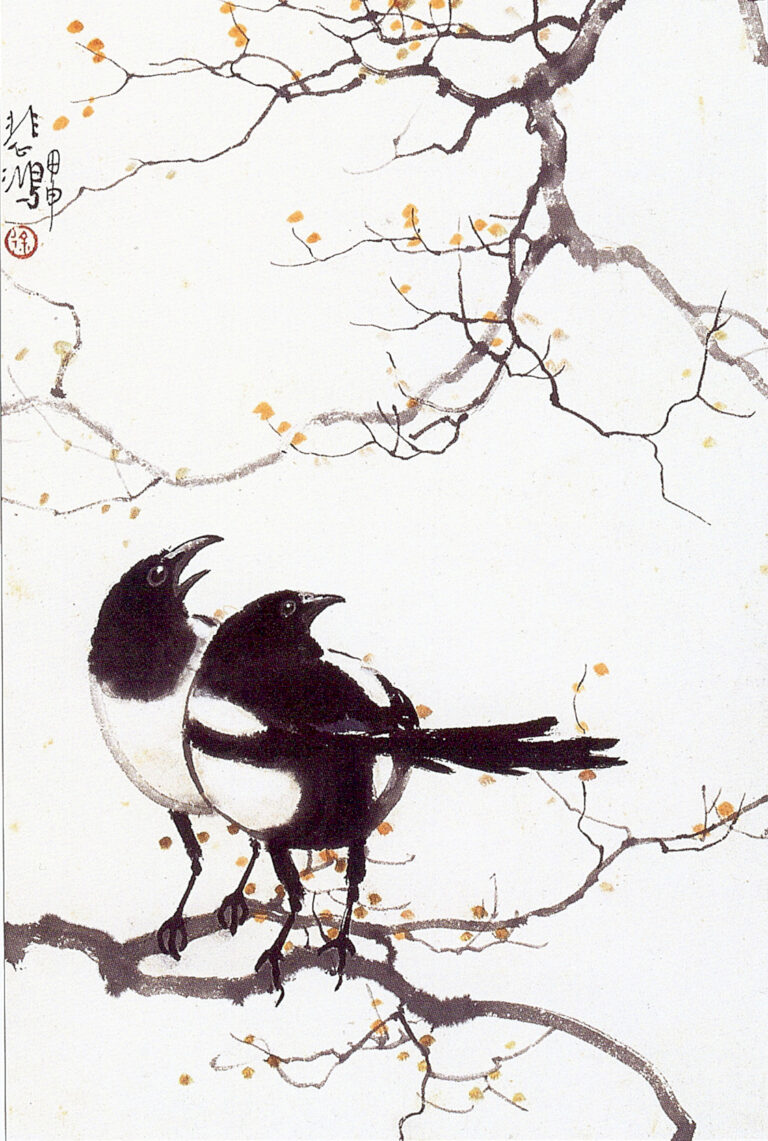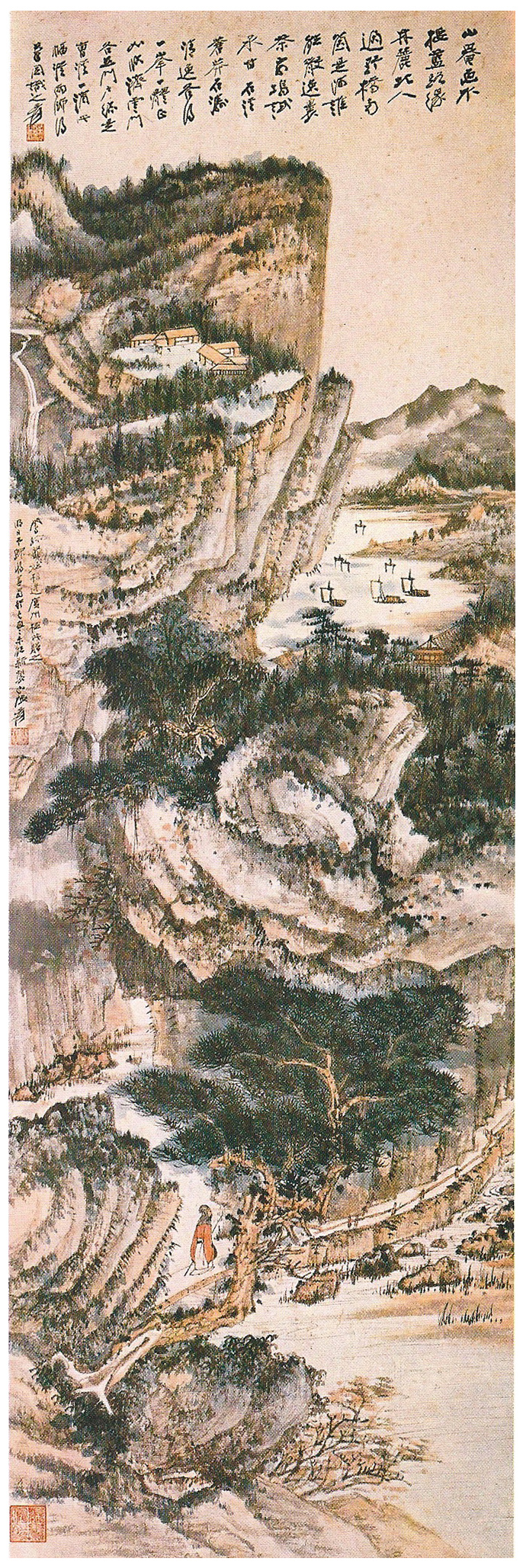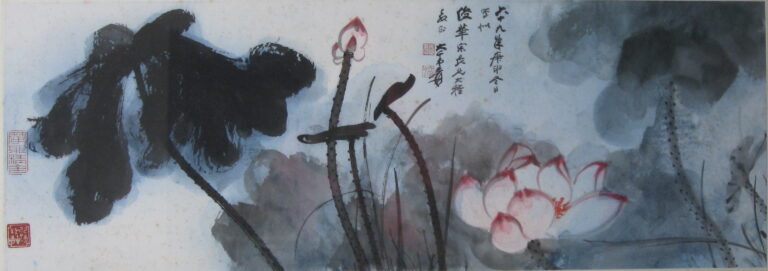1. Born in the era of change, Zhaoqi's academic ambitions (1896-1918)
Fu Si Nian was born in Liaocheng, Shandong Province in 1896. He came from a deep family of scholars and had family roots. Witnessing the changes of the late Qing Dynasty, the Xinhai Revolution and the Beiyang Government period, he showed outstanding talents in his early years. After the Xinhai Revolution, he entered Peking University to pursue academic pursuits, participated in the May Fourth Movement in 1919, and became a student leader at that time. During the May Fourth Movement, Fu Si Nian led Peking University students to raise a flag and march to promote the cultural awakening of China in the new era.
In 1920, he founded the monthly magazine "Trendy" with Luo Jialun, Mao Zishui and others to advocate a new cultural outlook and criticize conservative traditions. At that time, he was a key figure in "Trendy Society" and became the core promoter of Chinese new culture.
2. Governance and academic practice, constructing a continental model of "academic freedom" (1918-1948)
Pioneer of Education and Administrative reform
Fu Si Nian has successively served as the acting president of Peking University and the founder of the Institute of History and Language of the National Research Institute. The concepts of “free development” and “intellectual thinking” he advocated have been widely spread in the education industry. He once said:
“Running a university is for academics, for youth, and for the culture of China and the world. This does not include toolism, so the university has his self-esteem. ”
This philosophy runs through his policy of reforming campus management, curriculum priority, academics and humanities.
The famous saying handed down by the president of National Taiwan University: "21 hours a day"
After becoming the president of National Taiwan University in 1949, he proposed:
“There are only twenty-one hours a day, and the remaining three hours are for contemplation. ”
Therefore, the school bell is set to ring 21 times per class, which has become a symbol of vigilance and self-motivation for teachers and students. NTU also established Fu Yuan and Fu Zhong for him, which can be called spiritual landmarks that symbolize “academic freedom” on campus.
Take honesty and political integrity as the source
Fu Si Nian acted upright and was an outspoken critic of high-level figures such as Kong Xiangxi and Song Ziwen. He was called “Fu Cannon.” He criticized the behavior of the two holders of power in profiting from the sale of anti-war public bonds and gold, demonstrating his pursuit of fairness and credibility.
3. Academic practice and unique personality: learn from China and the West, with humor in mind
The self-confidence of the fat scholar flourishes
Fu Si Nian, who weighs slightly more, is optimistic and self-deprecating. Once asked how to fight, he replied: “Multiplying volume by speed produces great momentum”" It reflects his self-confidence and especially his humorous side.
There was another polemic with Kong Geng. He said he wanted to fight a duel. As a result, Kong Geng was old. He smiled and regressed, showing a wise character.
Hu Shi highly praised its "explosive power and embroidery heart”
Hu Shi once commented on Fu Si Nian:
“His feelings are the most passionate...and the most gentle, rational, and organized...He can do the most meticulous embroidery and embroidery skills, and he has the boldest and drastic skills. He is the most knowledgeable scholar, and at the same time the most capable and organized natural leader. ”
This evaluation deeply revealed Fu Si Nian's academic and personality charisma.
4. Lifelong spiritual heritage and commemorative continuation
Fu Zhong and Fu Yuan: Symbols of the Eternal Campus
After Fu Si Nian's death, NTU set Fu Zhong and Fu Yuan as memorials. The sound of Fu Zhong bells was set to ring 21 times, which became the voice of resonance for the spirit of teachers and students. Its spirit also continues in the emblem and campus culture of NTU.
Life-long quotations passed down to the world
- “Lixin is the foundation of everything to be a human being and to learn.”
- “Free development is the most basic principle for the success of a school. ”
- “Intellectual honesty means that if you feel that you have done something wrong, you have to admit it. ”
These quotations are not only educational proverbs, but also become the spiritual wealth of Chinese academia in pursuit of honesty, introspection, and autonomy.
5. The Spirit of the times and Educational Inspiration: Sustainable Style and Bones
Fu Si Nian's personality contains four key words:Lixin, fairness, freedom, speculation, These are also the values that higher education and academic freedom should adhere to in times of change.:
- Lixin: Trustworthiness is the foundation of academic exploration.
- freedom: Free development and thinking, so that education is full of vitality.
- Speculation: "21 hours" reminds that thoughts should also be life-oriented.
- Personality development: Both academics and personality are equal, and education aims at nurturing good deeds.
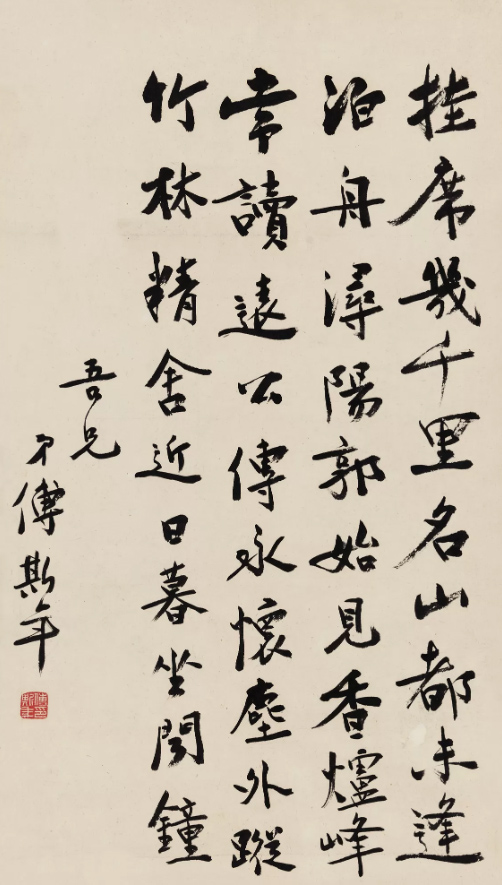
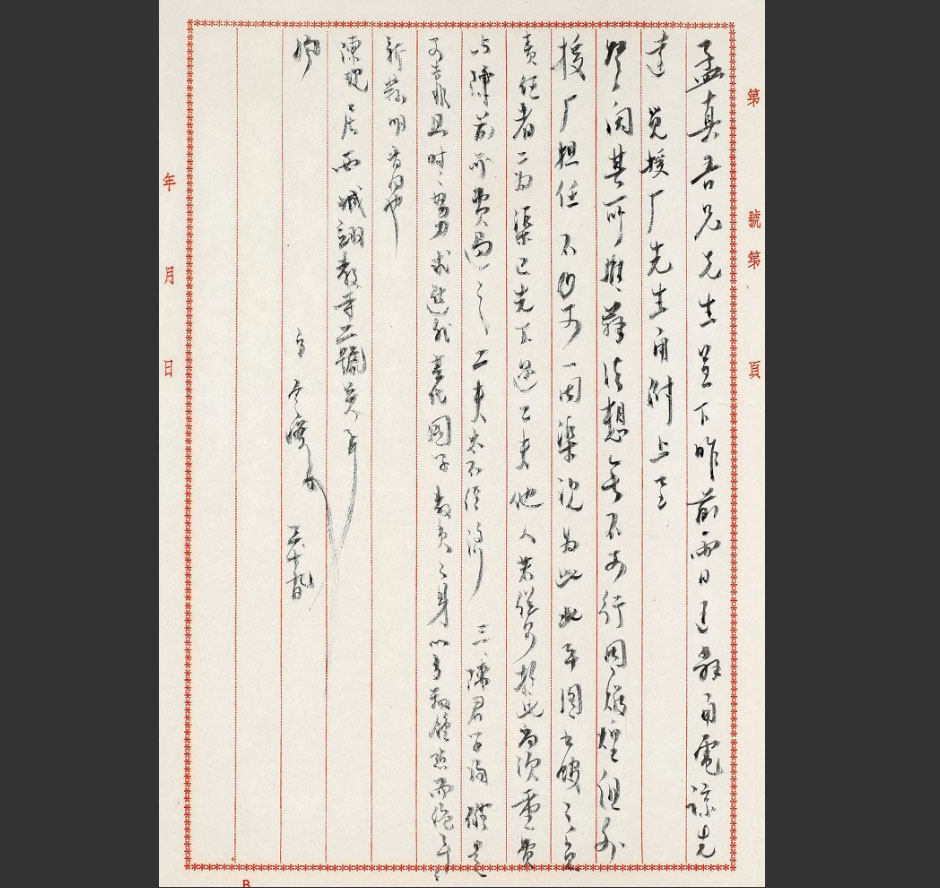
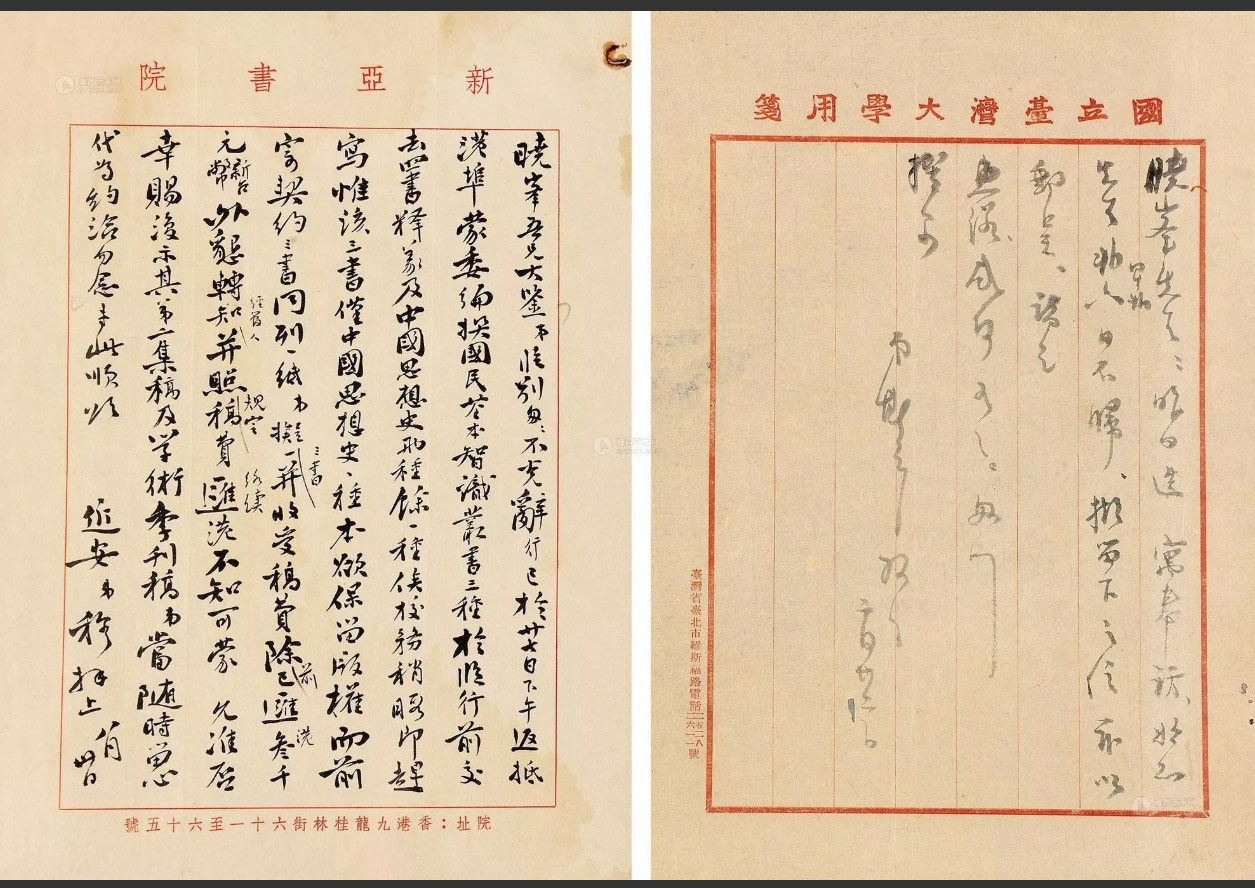
6. Remembrance and inheritance: learn from the vast and sustainable rituals of the sea
Fu Si Nian's martyr's tomb is buried in the Fuyuan Ancestral Hall on the campus of National Taiwan University; Fu Zhong sounded the alarm to generations of students, and his story reflects the responsibility and educational mission of scholars of the times. Every time he studies diligently and fears mistakes, his last words of education and the sound of campus bells will remind people of the importance of morality, thinking, integrity and responsibility.
Although his time is far away, the spirit of academic freedom, the tradition of “intellectual thinking” and the educational philosophy of “for students, for the country, and for culture” laid by Fu Si Nian are still indispensable cultural foundations for today's campus.
Conclusion|Academic Freedom in the Era
Fu Si Nian is not only a historian or university president, but also a symbol of modern Chinese education and academic freedom. With a broad mind and deep vision, he transformed his personal influence into the inheritance of the spirit of the times.
“Intellectual honesty, free speculation, personality accumulation, and standing by faith”, Fu's life is the most solid interpretation of these concepts.
If you have Mr. Fu Si Nian's manuscripts, calligraphy, ink treasures, speeches and other treasures in your collection, please feel free to contact us. We provide professional appraisal and high-priced collection services, so that Fu Si Nian's academic freedom and personality will continue to illuminate the academic world and pave the way for future generations of thought.
“There are only twenty-one hours a day, and the remaining three hours are for contemplation. ”
—Principal Fu Si Nian, the eternal echo of 21 bells.
Portfolio


